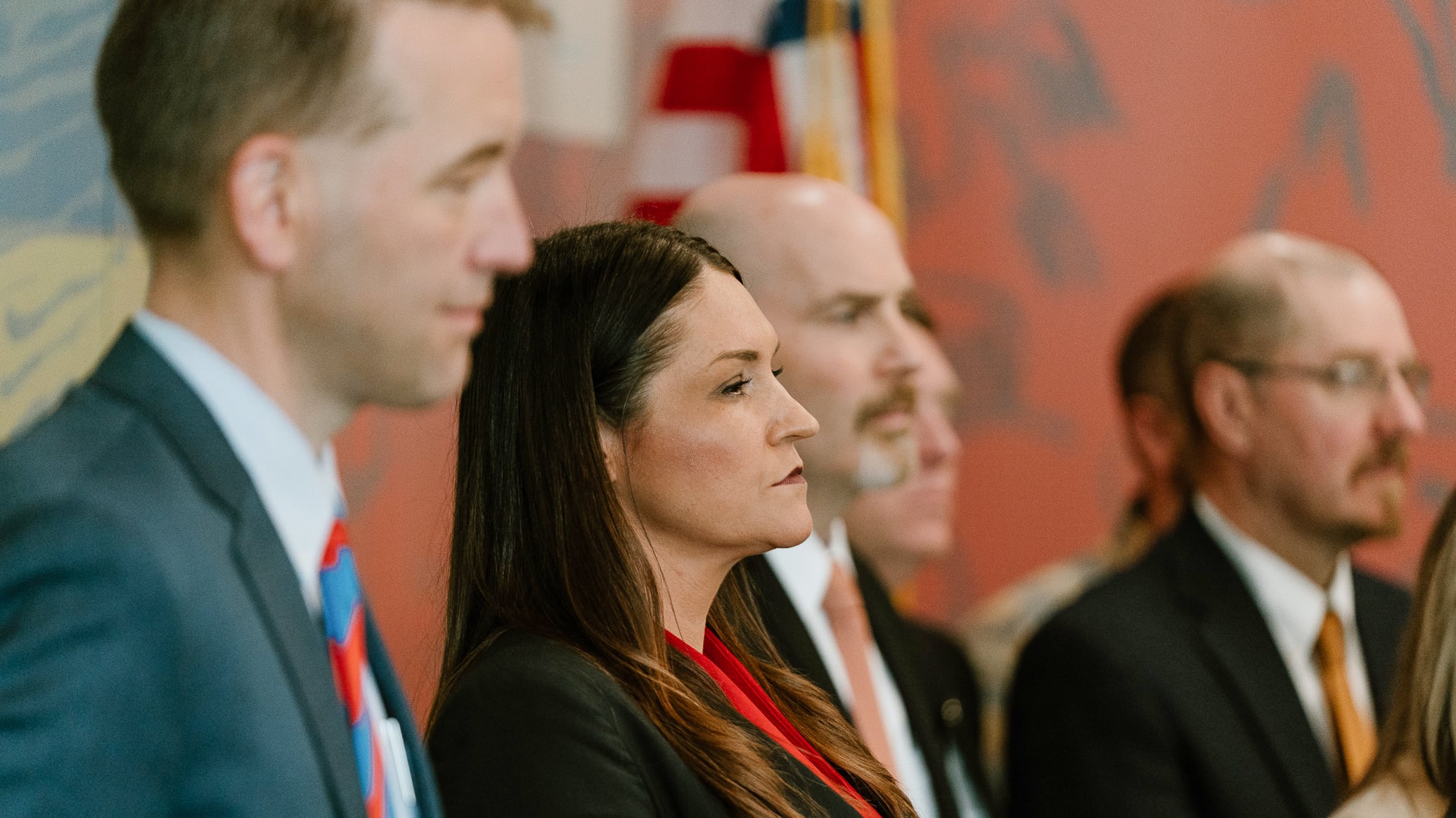The Oregon Department of Justice asked the U.S. Department of Justice on June 21 to narrow the scope of subpoenas it issued to five state agencies in May related to former Secretary of State Shemia Fagan and her relationship with the founders of the La Mota dispensary chain.
The Oregon DOJ argued the broadness of the subpoenas would require months of staff time from each agency to cull through millions of pages responsive to the feds’ requests. The federal government launched a criminal investigation into Fagan and her ties to La Mota less than a month after WW first reported on a lucrative consulting contract Fagan signed with La Mota’s founders, Aaron Mitchell and Rosa Cazares. Fagan resigned less than a week after WW reported on the contract.
The eight-page letter to the feds, penned by a deputy chief in the DOJ’s trial division, Sheila Potter, proposed that the feds work with the state to figure out how to narrow the subpoenas so that responding would be less than a “herculean” task. Her letter was first reported by Jeff Eager, a blogger in Bend.
“The subpoenas as written would encompass millions of pages of documents, most of which would be of no use to the grand jury or to investigators,” Potter wrote. “I am confident that we can work together to come up with a set of requests that should provide the grand jury with helpful, relevant information without overly burdening multiple state agencies that are also engaged in the important business of state government.”
After the Oregon DOJ shared the subpoenas with reporters last month, former prosecutors and lawyers that WW spoke to mostly agreed: The subpoenas were so broad it was unlikely the feds had settled on a theory of wrongdoing. The subpoenas asked for documentation related to Fagan during her two years in office and unspecified documentation held by the agencies related to Mitchell, Cazares and the many Oregon businesses they control. The cannabis moguls were the subjects of a March 29 WW cover story that documented their extensive political giving even as they failed to pay their bills and millions in taxes.
Potter walked through objections to the subpoenas issued to each of the state agencies.
For instance, Potter argued, the Oregon Department of Revenue estimated it would take 12 employees a minimum of three months to fulfill the feds’ request for all documentation related to 136 La Mota entities listed in the subpoena. Moreover, Potter said the state thought it reasonable to produce relevant records dating back to 2020, but not 2018, as the feds requested.
The subpoena seeking records from the revenue department, Potter also argued, would encompass federal tax information about La Mota entities that’s exempt from disclosure. To get that information, Potter wrote, it would be prudent for the feds to go to the Internal Revenue Service.
The Oregon Government Ethics Commission, which is conducting its own investigation into Fagan’s contract with La Mota, shields the confidentiality of documents for 60 days from the onset of an investigation, the Oregon DOJ argued—so it would not be handing over requested documents until the two months had elapsed. (The OGEC is set to present its findings at the commission’s July 14 meeting.)
And as for the subpoena issued to the Oregon Liquor and Cannabis Commission, Potter said unspecified criminal investigations could complicate document production.
“Responsive documents would likely include criminal offender information, which is confidential under state law and protected by federal law,” Potter wrote. “We think it is unlikely that such information would be relevant to your investigation (although certainly let me know if the nature of the investigation does require that data).”
Potter did not provide a date by which she thought the state could provide the documents, but instead offered to start providing documents to the feds on a rolling basis.
